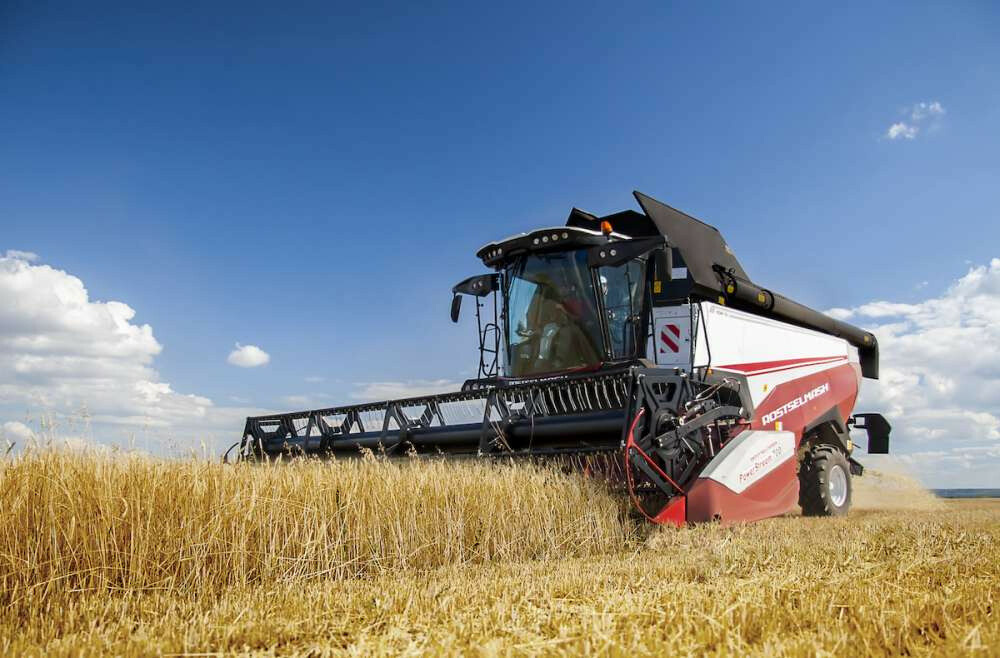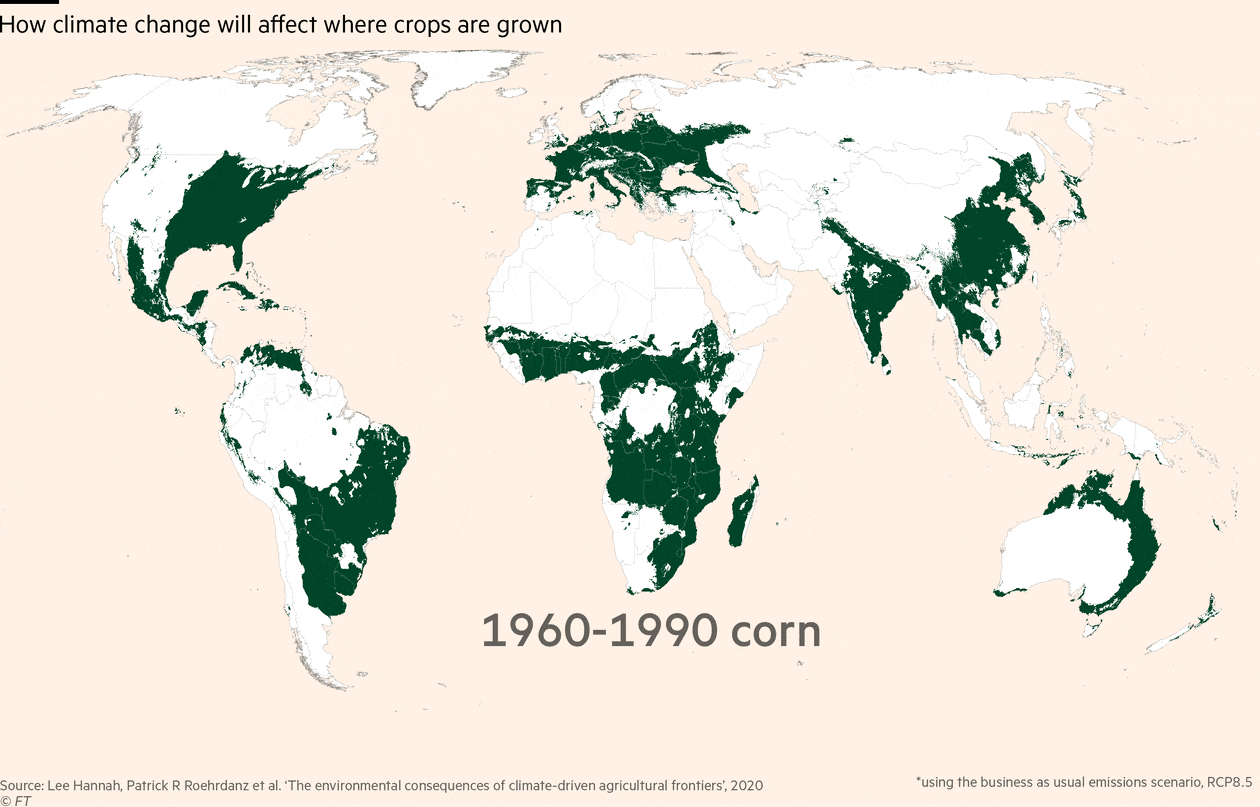French winemakers made a real hysteria because Russia allegedly forbade them to call a drink from Champagne champagne. The French said they would suspend shipments and then start writing “sparkling wine” on the labels, as required by law. In fact, the document is not directed against Champagne products. Moreover, now no Russian winemaker has the right to write the word "champagne" on bottles with his sparkling wine without one important clarification.
Europeans were unusually excited by the amendments to the Russian law on winemaking signed by the president on July 2. Champagne distributor Moet Hennessy threw a tantrum, who immediately announced that he was suspending shipments of expensive champagne to Russia. The French edition of Le Figaro published the news that, allegedly, according to the new Russian law, champagne from France in Russia will now be called "sparkling wine", and products made in Russia - "champagne". It turns out that Russian oligarchs will now have to travel to France to enjoy their favorite brands of champagne, the French edition is undergoing.
On Monday, all French winemakers expressed their disappointment. The Union of Champagne Houses of France called the new Russian law on the regulation of the alcohol market "unacceptable". There they allowed the suspension of supplies of French champagne to Russia.
A little later, even the European Commission criticized the Russian law on winemaking. She declared her disagreement with the approved law and promised to take the necessary steps to protect the rights of European companies. European outrage is caused by the fact that Russia allegedly took away from the French the opportunity to call their wine "champagne", although this name comes from the name of the Champagne region, where the wine was historically harvested and produced. On the other hand, the shares of the Russian company Abrau-Dyurso on the background of news about the suspension of supplies from the EU rose by almost 5% at the Moscow Exchange on Monday.
The law itself does indeed contain the words: “(“ champagne ”) exclude”, as well as “sparkling wine (champagne) should be replaced with the words“ sparkling wine, including Russian champagne ”. However, the irony is that the new law does not actually prevent French people from calling their sparkling wine champagne. Moreover, in this law, Russia, on the contrary, goes towards the French, who were unhappy with the use of the word "champagne" by Russian producers.
“The problem is out of hand. Nobody forbids the French to bring their wine to Russia, nobody forbids them from using the inscription "champagne" on the label. We've all spent a lot of time and money discussing a problem that doesn't exist.
It's just that someone at Moet Hennessy misread the law and raised a wave in an empty glass, ”Leonid Popovich, President of the Union of Winegrowers and Winemakers of Russia, told the VZGLYAD newspaper.
Indeed, after categorical words about the suspension of supplies, Moet Hennessy reduced the degree of the problem a few days later. They said that they have always complied with local laws in the countries where they supplied their products. And in this case, the company will do the same. Namely, the French will start adding the mention of "sparkling wine" to the label on the back of champagne bottles to comply with amendments to Russian law. How long it will take to replace labels, champagne producers did not say. By such an indirect statement, the French, in fact, hint at their mistake, although they do not admit it directly. The fact is that the name "champagne" on the bottle is indicated on the front label, but the French are not going to change it.
The expert believes that Moet Hennessy is simply ashamed to admit his mistake. Moreover, according to him, whether or not to write “sparkling wine” on the counter-label is the prerogative of the company itself, it is not at all necessary to do so. What suppliers of sparkling wine to Russia are obliged to do is to certify their products as required by the Russian law on winemaking. However, the amendments adopted on July 2, 2021 are not about that. “The Europeans had to certify their products in accordance with Russian laws yesterday. But they haven’t done it yet, ”says Popovich. That is, the customs calmly allowed imported sparkling wine without this certification.
What has changed now? From a legislative point of view, nothing. “Perhaps someone threatened the French with a finger and said that the shop was closing, and now it would be necessary to comply with Russian laws,” the source suggests. Moreover, Russian winemakers fulfill these standards, in contrast to European producers. And this is clear discrimination.
“In fact, on the back of the label, the main thing is to indicate that the product meets the requirements of the national standard - and indicate its number. If Moet Hennessy wants, it can write on the back label the name of the standard - "sparkling wine", and if it does not want to, then it may not write ", explains Popovich.
What does the amendment of July 2 to the law have to do with it? To a greater extent, they relate to the technical regulation of sparkling wines, and not to what French wine producers should write on the labels.
“We have one big standard“ sparkling wine ”, all wines, both Russian and European, must meet its requirements. According to the requirements of this standard, Russian champagne will also be produced, with the proviso that the aging of this wine is carried out in bottles according to the classical technology, ”explains Popovich. There are two ways to produce sparkling wine - acratophores and bottled or classic.
Previously, the standard was called "sparkling wines (champagne)", but now it has been renamed "sparkling wines, including Russian champagne." What does it mean? That the Europeans, and even more so the French, should rejoice at these changes. Europe has long asked not to call champagne champagne, because it is a wine of geographical origin, taking its name from the French region of Champagne. "The French and Europeans as a whole want to destroy Russian producers and“ clean up ”the market. And for this it is necessary to deprive the Russian manufacturer of recognition, that is, to remove from the label the name "champagne", to which the consumer is accustomed. Then our product will "drown" in the offer of sparkling wines. They have been striving for this since the time of Yeltsin, ”says a professor at the base department of trade policy of the PRUE. Plekhanov Vyacheslav Cheglov.
And so Russia, in fact, went to meet the Europeans in this matter. “The European Union and the French should applaud this law. We have done exactly what has been asked of us for the past thirty years. If earlier all sparkling wine in our country could have been champagne, now only Russian champagne remains, and this is only 10% of all sparkling wine produced in Russia. Therefore, we have the right to wait for applause from the EU, and not make excuses, ”says Popovich.
At the same time, Russia has found a middle ground. On the one hand, it has clearly made the French winemakers happy - and will no longer call their sparkling wines simply "champagne". On the other hand, she did not deprive herself of the right to use the word "champagne" at all. “We will never give up the word“ champagne ”. This is our right, because we have used this word for 150 years and will continue to use it. Only now it will be called in two words - "Russian champagne", - explains Popovich.
It is curious that the law on winemaking also applies to cognac. Europeans believe that brandy can be called cognac, which is produced only in a certain area, namely: in the French region of Charente, where the city of the same name is located. Armenia recently abandoned the use of the word "cognac" in favor of a different designation. True, she knocked out a good transition period for herself - as much as 25 years. He will also receive compensation from the EU - three million euros.
“Armenians are great, they know how to sell themselves. They will receive money and will continue to write the word "cognac" for 25 years. We have taken from the "champagne", refused, and did not take a ruble from France, "says Popovich.
As for the use of the word "cognac" on Russian products, the situation here is somewhat different.
In seven years, it will be possible to call Russian cognac cognac only if it is made from grapes grown in Russia, says Popovic.
That is, for another seven years Russia can carry distillates from Spain, France and Italy for the production of cognac and call this product cognac. But then the shop will close.
Actually, the essence of the law and the amendments is not at all to close the import of champagne, but to create conditions for investors to invest more money in growing grapes in Russia and producing wine, sums up the President of the Union of Winegrowers and Winemakers of Russia. The innovations will help the development of small and medium-sized businesses in the South and North Caucasian federal districts of Russia, the authors of the bill believe.
"No agricultural crop provides as many jobs and gross production per unit of land area as grapes. A vineyard with an area of 100 hectares creates at least 80 jobs and ensures the receipt of more than 12 million rubles per year from one hectare of cultivated vineyards to budgets and extra-budgetary funds, ”reads the explanatory note to the law.
Text: Olga Samofalova
https://m.vz.ru/economy/2021/7/6/1107383.html



 flamming_python
flamming_python



